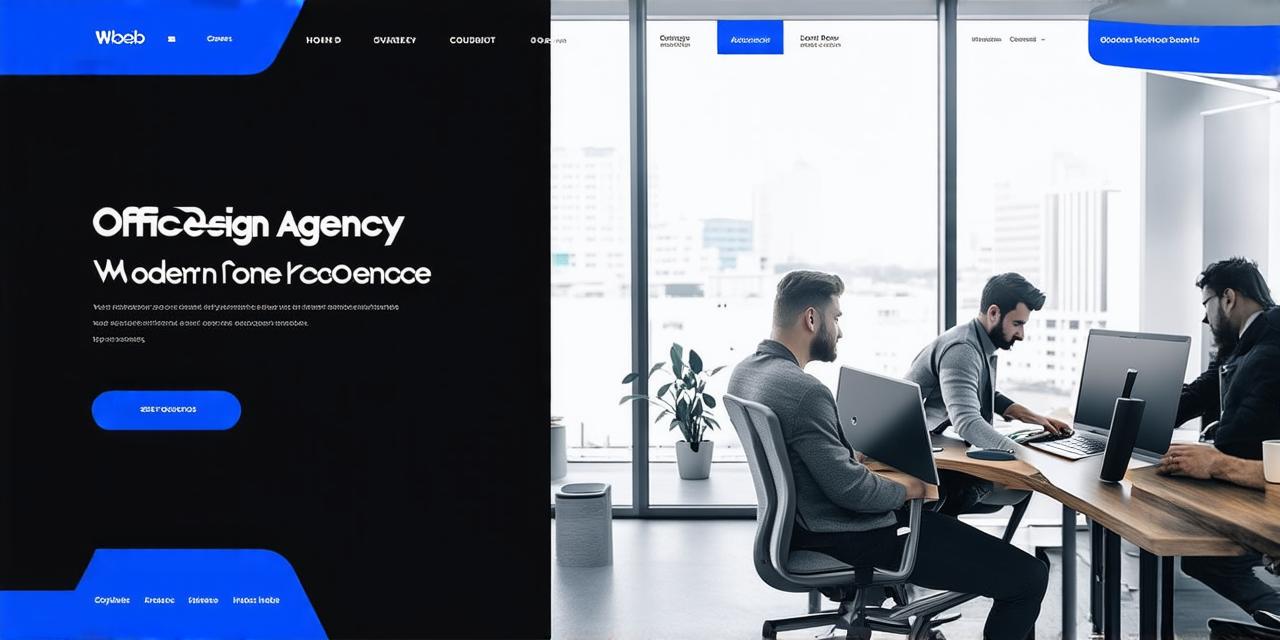A web design agency operates to create websites for clients that are visually appealing, easy to use, and functional. These agencies typically have a team of designers, developers, and project managers who work together to ensure that the final product meets the client’s needs.
Design Process
The first step in the web design process is usually to meet with the client to discuss their requirements and goals for the website. This includes understanding their target audience, what they want to achieve from the site, and any specific features or functionality that they need.
Development Process
Once the plan is in place, the development process begins. This typically involves creating wireframes and mockups to visualize the layout and structure of the site, followed by coding and programming. The team of developers will then work on bringing the design to life, ensuring that it is fully functional and user-friendly.
Testing and Quality Assurance
Once the site is complete, it goes through a rigorous testing process to ensure that everything works as intended and that the site is user-friendly. This includes testing for functionality, performance, accessibility, and usability. Any issues or bugs that are found during this process are fixed before the site is launched.

Launch and Maintenance
After the site has been fully tested and all issues have been resolved, it is ready to be launched. The agency will typically work with the client to set up hosting and domain name registration, and then they will transfer the site to the client’s server. Ongoing maintenance and updates are also typically included in the contract, ensuring that the site stays up-to-date and running smoothly.
Summary
Overall, a web design agency operates by working closely with clients to create visually appealing, user-friendly websites that meet their specific needs. The process involves multiple stages, including design, development, testing, launch, and maintenance, all of which are crucial to ensuring that the final product is successful.


